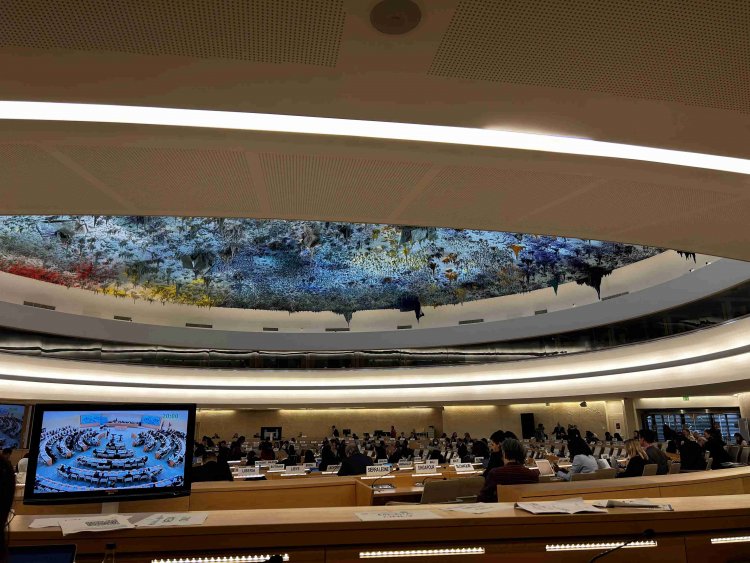UN Special Rapporteur on Torture Appeals for End to Impunity

14-03-2023
Geneva Delegates
In her first report to the UN Human Rights Council, Alice Jill Edwards, the Special Rapporteur on torture and other cruel, inhuman or degrading treatment or punishment, noted the rising number of incidents which have been brought to her attention and appealed to States to match their commitments to ending impunity with regards to torture with the resources necessary to be effective in her mandate. As the first woman in this role, many States lauded this landmark appointment and welcomed her observations during the interactive dialogue.
Edwards emphasised that impunity is what truly threatens government legitimacy and undermines confidence in the judiciary, and not inquiries into acts of torture, which are often wrongly perceived as threats to national authorities. She noted that political will to investigate allegations of torture is sorely lacking, and there remain many deficient legal provisions, which, for instance, allow indefinite solitary confinement and corporal punishment.
The Special Rapporteur along with several States highlighted the need for safe, private, confidential and impartial complaint mechanisms. As torture is first and foremost committed by public officials, it is especially important to ensure safe and effective methods of complaints to allow for effective remedy and reparation. Peru emphasised that justice and reconciliation can only be achieved when national investigative institutions are hierarchically and financially independent from those whom they are investigating for crimes of torture.
The role of victims was highlighted throughout the discussion. It was noted by the EU delegation and Edwards that as torture has the aim and consequence of profoundly damaging a victim’s mental health, it is fundamental that their voices are heard in order for the healing process to being. Unfortunately, victims are often reluctant to testify or come forward with allegations due to a lack of confidence in their legal systems, exacerbated by the impunity for crimes of torture present in many States. It must be ensured that prosecutors are attuned to their needs and that a survivor centric approach is taken in investigations and prosecutions. Furthermore, as emphasised by Afghanistan, it must be ensured that victims and their families are protected, since they are at risk of reprisals.
Notably, the Ukrainian delegation highlighted the Russian military’s use of torture for the intimidation and coercion of civilians and prisoners of war in occupied or previously occupied areas. Such acts were also condemned by France, and Georgia further denounced Russian acts of torture in occupied regions of Georgia, where victims have not been offered rehabilitation. Russia, however, argued that crimes of torture and cruel, inhuman and degrading treatment were perpetrated by Ukrainian authorities against civilians accused of cooperation with Russia and Russian prisoners of war. For their part, the Armenian delegation stated that Azerbaijan has failed to investigate and prosecute reports of torture and cruel, inhuman and degrading treatment perpetrated against Armenian prisoners of war, and condemned the extra-judicial killings of prisoners of war.
Accountability for crimes of torture is a legal and moral imperative due to the peremptory nature of the ban on torture and cruel, inhuman and degrading treatment or punishement under international law, but still it remains prevalent in all geographic regions. Edwards acknowledged that while international forums remain laudable and important endeavours, they will never be sufficient in light of the scale of the crimes of torture being perpetrated every day.

































